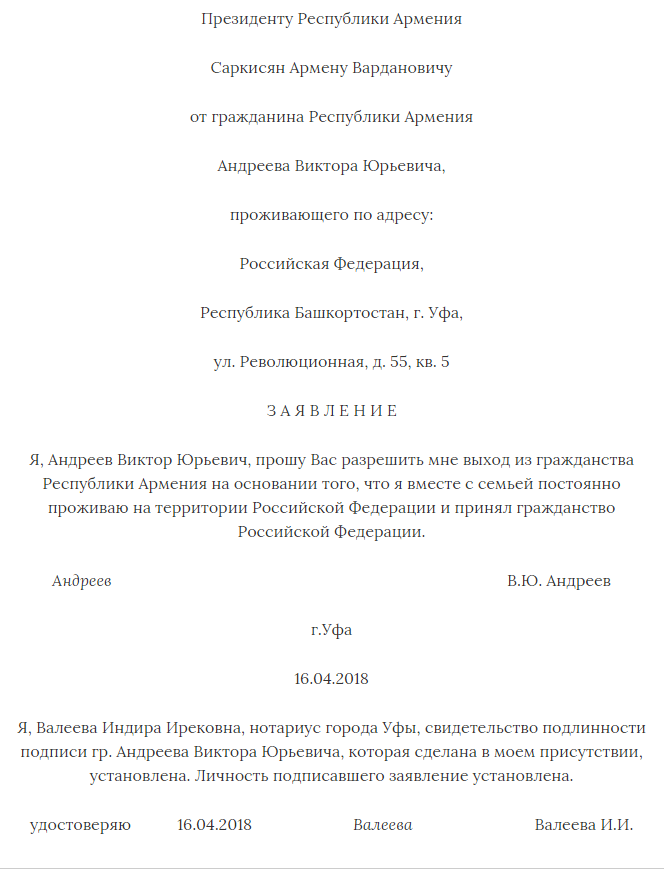Obrazec Zayavleniya Ob Otkaze Ot Grazhdanstva Rossii

No information is available for this page.Learn why.
Weber barbecue sale. Whether you barbecue with gas or charcoal, this comprehensive guide contains everything your avid barbecue enthusiast needs to know. Weber's Barbecue Bible is an all-in-one masterclass in every aspect of outdoor cooking. - Over 150 triple-tested recipes for meat, poultry, seafood, vegetables and fruit - 1,000 step-by-step photographs to guide you - Invaluable ideas for rubs, marinades and sauces - Expert answers to common questions about barbecuing - Tips and advice on safety, upkeep, fuel and lighting methods From simple kebabs to elaborate rotisseries, the perfect steak recipes for all-year-round barbecuing.
A federal court issued a ruling on Friday, December 7, 2018, that halts a Trump administration policy that blocked hundreds of lawful permanent residents from serving in the U.S. Lawful permanent resident or green card holders can enlist and serve in the U.S. Military, and can apply for naturalization or U.S. Citizenship through their military service. Judge held that the Department of Defense likely violated the federal Administrative Procedure Act after it implemented a policy discrimi nating against lawful permanent resident enlistees. Judge's ruling finds that the Defense Department provided no rational justification for the policy change, stating that it provided no evidence indicating that lawful permanent resident enlistees posed more of a risk than U.S.
Please note that in October 2017, the Department of Defense issued new policies that impact lawful permanent residents and other non-U.S. Citizens in the military. The ILRC's discusses how these policies affect those who seek to enlist, and those who currently serve in the military, including in the Reserve Components. The DoD policy changes will not affect MAVNI enlistees because the MAVNI program was suspended in October 2016. No one has been able to enlist in MAVNI since that time. Before making a decision to enlist and to apply for naturalization, please review the (dated 03/2018 - will be revised soon) and consider that under new rules 'expedited' naturalization may not be much faster than a naturalization under a default rule. The USCIS plans to establish an office in Los Angeles, California to focus on denaturalization.
The office will take away U.S. Citizenship from certain naturalized American citizens. USCIS will look for cases where it believes a person obtained U.S. Citizenship by error, fraud, mistake, using false name or identity - and will refer potential denaturalization cases to the US Department of Justice. The USCIS couldn't assure compliance with the law because old paper-based records containing fingerprint information from the FBI and DHS can’t be searched electronically. All old paper-only records need to be digitized bfore they can be searched electronically.
In 2008, USCIS identified 206 people who used different names or other biographical information to gain US citizenship or other immigration benefits. This was possible because ICE did not consistently add digital fingerprint records of immigrants whom agents encountered until 2010. On September 18, 2016, the DHS Office of the Inspector General issued a report entitled. The report found that that ' USCIS granted U.S.
Citizenship to at least 858 individuals ordered deported or removed under another identity when, during the naturalization process, their digital fingerprint records were not available.' Overall, the report found that fingerprint records were missing from hundreds of thousands of cases. In June 2018, USCIS Director L. Francis Cissna told in an interview that USCIS is hiring several dozen lawyers and immigration officers to review cases of immigrants who were ordered deported and are suspected of using fake identities to later get green cards and citizenship through naturalization.Cissna said the cases would be referred to the U.S. Department of Justice, whose attorneys could then seek to remove the immigrants' citizenship in civil court proceedings.
In some cases, government attorneys could bring criminal charges related to fraud. Until now, the agency has pursued cases as they arose but not through a coordinated effort. It is expected that USCIS new denaturalization office Los Angeles will be running by next year but investigating and referring cases for prosecution will likely take longer. More about denaturalization effort. On June 4, 2018, USCIS began issuing redesigned Certificates of Citizenship and Naturalization.
The redesign of these eight certificates is one of the many ways USCIS is working to combat fraud and safeguard the legal immigration system. USCIS piloted the new certificate design at the Norfolk, Tampa, Minneapolis-St. Paul, and Sacramento Field Offices, as well as at the Nebraska Service Center. The Certificates of Naturalization are: • N-550, issued to an individual who obtains U.S. Citizenship through the naturalization process; • N-578, issued to a naturalized U.S. Citizen to obtain recognition as a United States citizen by a foreign state; and • N-570, issued when the original Certificate of Naturalization is lost, mutilated, or contains errors. A Certificate of Citizenship is issued to an individual who obtains U.S.

Citizenship other than through birth in the United States or through naturalization. The various types of Certificates of Citizenship are: • N-560A, issued to an applicant who derived citizenship after birth; • N-560AB, issued to an applicant who acquired citizenship at birth; • N-645 and N-645A, issued to the family of an individual who served honorably in the U.S. Armed forces during a designated period of hostility and died as a result of injury or disease incurred in or aggravated by that service. Form N-645 is issued if the decedent was a male, and the N-645A if the decedent was a female. • Form N-561, issued to replace a Certificate of Citizenship when the original certificate is lost, mutilated, or contains errors. The redesigned certificates of citizenship and naturalization feature a large, central image against a complex patterned background, which helps deter the alteration of personal data. Each certificate possesses a unique image only visible under ultraviolet light and attempts to alter it will be evident.